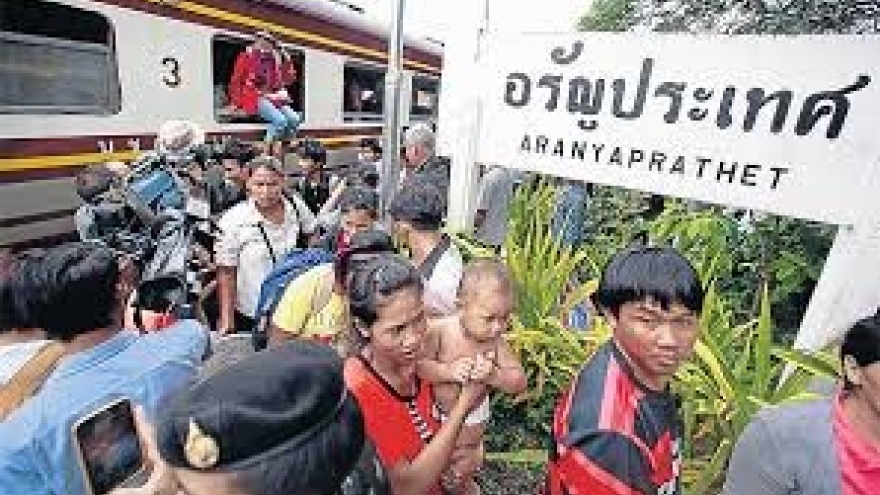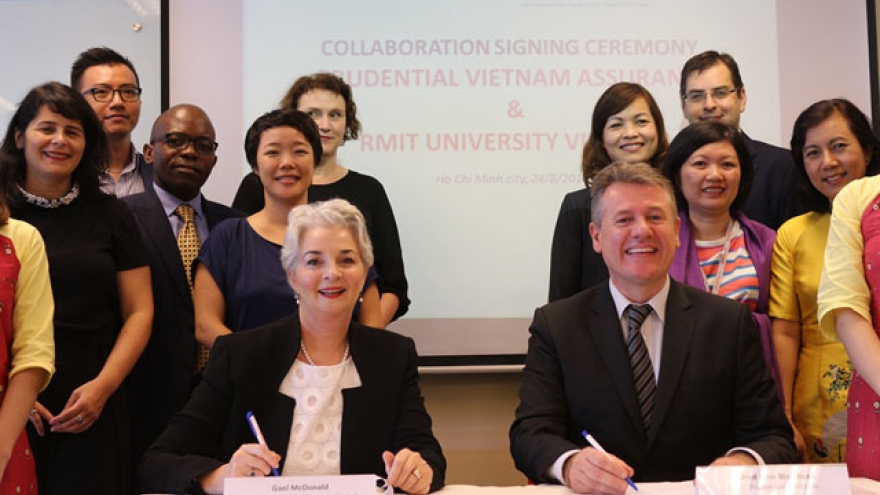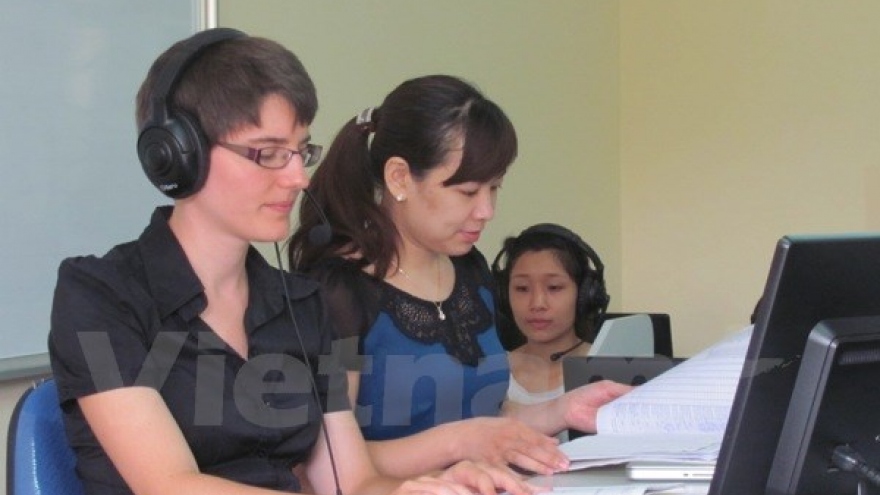Human resource training needed to develop Khmer ethnic areas
Human resource training needs more attention in order to improve the effectiveness of socio-economic development policies in Khmer ethnic areas, heard a recent workshop held in the Mekong Delta province of An Giang.
 |
Associate Prof. Dr. Ngo Quang Son, director of the Ethnology Institute, proposed more assistance in preserving the Khmer culture and improving Khmer communities’ cultural life. Traditional handicraft villages should also be revived to create more jobs and increase locals’ income.
In order to help Khmer people to develop economy, Dr. Phan Van Dop from the South Institute for Social Sciences, said it is necessary to enhance education for Khmer people, particularly on economic issues, and guide them towards more advanced production models.
At the same time, programmes and projects for areas with ethnic populations should be continued in combination with national schemes such as the plan on building new-style rural areas, he said.
Deputy head of the Ethnic Affairs Committee of An Giang Province Chau Anne called for more investment in infrastructure and the introduction of effective production models in Khmer areas.
According to Dr. Ngo Quang Son, the Mekong Delta region has more than one million Khmer people, equal to eight percent of the region’s population, who live mainly in the southwest provinces such as Kien Giang, Soc Trang, Tra Vinh and An Giang.



